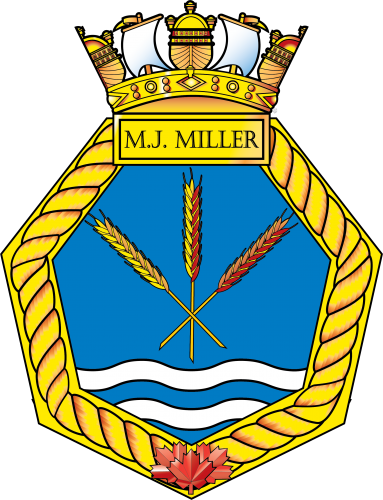First Aid Team
A First Aid Team within the Navy League of Canada Cadets is a group of Cadets trained to provide immediate medical assistance in case of injury or emergency.
The team’s role is crucial, not only during Cadet activities but also in real-life situations where quick and effective care can make a significant difference.
Cadets in the First Aid Team develop essential skills in basic first aid, emergency response, and teamwork, contributing to the overall safety of their Corps and community.
Responsibilities and Expectations of a Navy League Cadet First Aid Team:
Providing Basic First Aid:
The First Aid Team is expected to deliver immediate care to individuals who are injured or experiencing medical distress. This includes performing basic first aid techniques such as treating minor wounds, administering CPR, controlling bleeding, and managing sprains or fractures.
These skills are critical during Cadet events, training exercises, and public engagements where accidents or injuries might occur.Emergency Preparedness:
The First Aid Team is trained to respond effectively in emergency situations, including medical crises or accidents. They must be able to stay calm under pressure, quickly assess the situation, and determine the appropriate action, such as administering care or calling for additional medical help.
This preparedness ensures the safety of fellow Cadets and others during Cadet activities.Teamwork and Coordination:
First Aid Teams often work in pairs or small groups, so effective teamwork and communication are essential.
Each team member must understand their role during an emergency response and coordinate with others to provide the best care possible. This requires the ability to follow instructions, support fellow team members, and communicate clearly during potentially stressful situations.Knowledge of First Aid Procedures:
Cadets on the First Aid Team must have a solid understanding of first aid protocols and keep their skills current. This includes knowing how to use basic first aid equipment such as bandages and splints as well as recognizing the signs of more serious conditions, like shock, heatstroke, or allergic reactions.
Regular training and refreshers ensure that the team is ready to act when needed.Leadership and Initiative:
While following instructions is key, Cadets on the First Aid Team are also expected to take initiative in emergency situations.
Senior Cadets or team leaders may need to direct the actions of others, assign tasks, and make quick decisions about the type of care required.
Leadership on the First Aid Team involves being proactive, taking responsibility for the safety of others, and ensuring that care is administered promptly and properly.Promoting Safety Awareness:
In addition to providing first aid, the team plays an important role in promoting safety within the Cadet Corps.
They help ensure that Cadet activities are conducted safely by identifying potential hazards and encouraging safe behavior.
Cadets on the First Aid Team may also assist in educating their peers on basic first aid principles, helping to foster a safety-conscious environment.
Key Skills Developed in First Aid Team:
- Emergency Response: Cadets learn to react swiftly and effectively in medical situations.
- Problem-Solving: First aid requires quick thinking and the ability to adapt to changing circumstances.
- Teamwork: The team must work together seamlessly to deliver care and support each other.
- Leadership: Senior cadets take on leadership roles, guiding the team and making key decisions.
- Communication: Clear and effective communication is essential, especially in high-pressure situations.
- Confidence: Knowing how to help in an emergency builds self-assurance and a sense of responsibility.
In summary, the First Aid Team plays a critical role in ensuring the safety and well-being of their fellow Cadets and the broader community.
By providing immediate medical care, promoting safety, and staying prepared for emergencies, the team not only enhances the overall cadet experience but also prepares its members with life-saving skills that can be used in everyday life.
